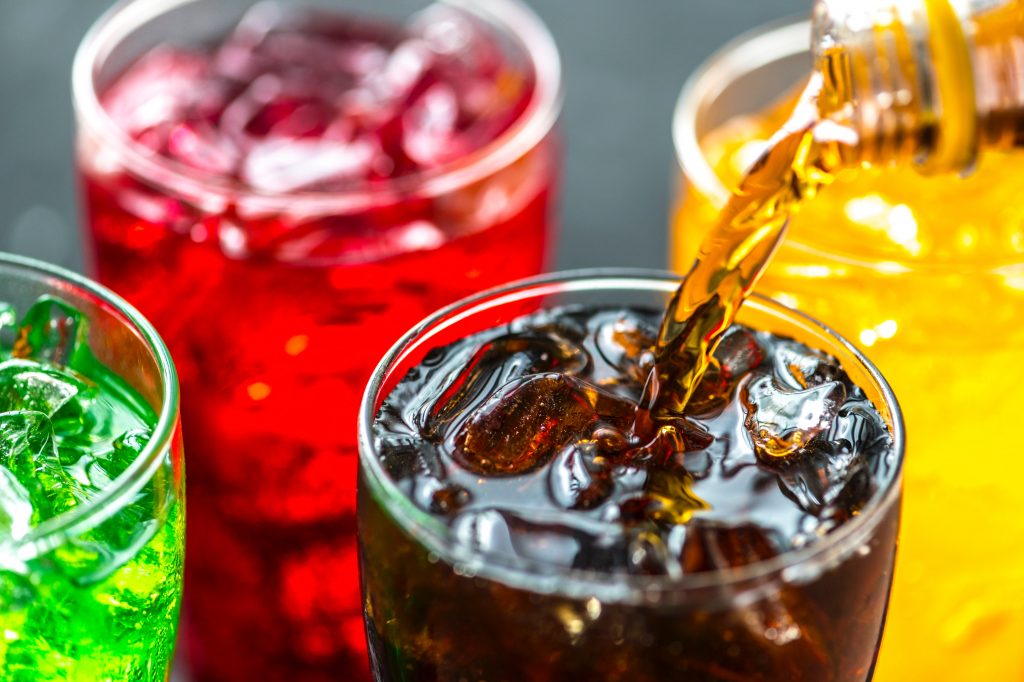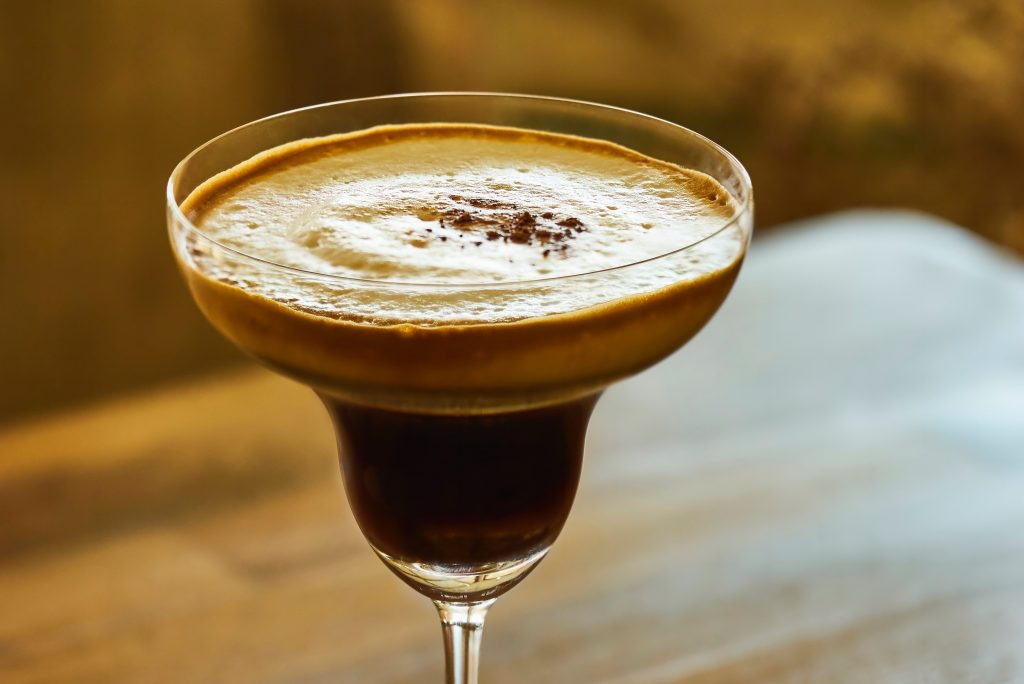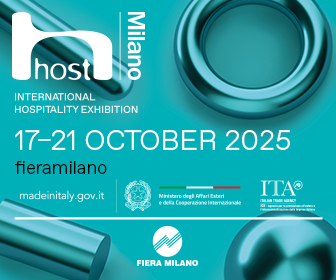The Top 6 Caffeine Myths
Caffeine is, in many ways, the ultimate example of something we all love while, at the same time, we love to hate.
In fast paced industries, like the food services, it’s inevitable that we will sometimes need to rely on a pick-me-up to maintain our focus and alertness.
Often this choice ends up being the caffeine-containing foods that we all enjoy including coffee, tea, chocolate and even energy drinks.
Yet many of us also harbour reservations about whether we are having too much caffeine, or that perhaps the source of caffeine chosen is somehow affecting our health negatively.
I know this to be true because, besides thinking about it myself, I see it ALL THE TIME in my clients and especially in those in the food industry who may work odd or long hours on less than optimal rest.
In fact, an appointment rarely goes by without clients expressing interest in my opinion about their caffeine intake.
And, let’s be honest, it wouldn’t be Caffeine Awareness Month without a good ol’ fashioned myth busting article.
The Top 6 Caffeine Myths
Myth #1: The majority of foodservice workers consume “too much” caffeine

Is there such a thing as too much caffeine, even in the foodservice industry? Yes.
Is it likely that you personally are having too much caffeine? Probably not.
But I don’t blame you for thinking that you might be!
I felt the same way until I did the math.
When we look at the Statistics Canada data from 2008, it shows that, in fact, less than one in five Canadians actually consume an average of more than 400mg of caffeine per day (men have a bit more, women a bit less).
For those that may not know, 400mg per day is the amount of caffeine recognized by Health Canada, the U.S. FDA, and the European Food Safety Authority as being a safe, moderate intake level for healthy adults (excluding pregnant and breastfeeding women).
Myth #2: Caffeine from different sources has different effects on our body

Around 90% of caffeine intake in Canada comes from coffee and tea (at roughly 60% and 30% respectively), followed by other sources such as soda, chocolate and energy drinks.
Quite often, people believe that depending on where it is consumed from, caffeine has different effects on the body.
But does it?
Not according to a study published in the Journal Of Clinical Toxicology. The study found that caffeine absorption is similar between coffee and energy drinks and is independent of temperature and rate of consumption.
Moreover, leading health authorities, such as Health Canada, the U.S. FDA, and the European Food Safety Authority do not distinguish between naturally occurring and added caffeine when looking at general health and safety aspects of the compound. This confirms that caffeine is caffeine, regardless of the source.
Myth #3: Moderate intake of caffeine with alcohol or other ingredients is dangerous

Sometimes known as the “Red Bull & Vodka” effect, there are some concerns that, in otherwise healthy people, combining a moderate amount of alcohol with a moderate amount of caffeine is somehow an exceptionally dangerous combination.
Some also believe that the caffeine found in energy drinks, combined with the other ingredients found in mixed drinks, changes the way caffeine affects the body.
But is either theory true?
Research out of the Health Canada Health Products and Food Branch says otherwise.
The European Food Safety Authority certainly doesn’t believe so either.
Their assessment is that the safety of caffeine, at the levels found in a serving of common energy drinks, is not affected in its functionality by the other ingredients in a mixed drink.
When consuming alcohol within legal limits (blood alcohol content of .08%), it does not impact the safety of caffeine intake (of a moderate 200mg intake) nor does caffeine mask intoxication at this level of consumption.
So whether your mixer of choice is an energy drink, a cola, or you prefer espresso martinis, the biggest thing when it comes to mixing alcohol with anything, is being mindful of how much alcohol you’re actually drinking.
Myth #4: Caffeine raises your blood pressure
Anyone who works in the hospitality industry knows that no extra assistance is needed when it comes to getting that blood pressure up!
All jokes aside, studies show that although caffeine slightly raises blood pressure after you ingest it, there is no long-term effect or increased risk of high blood pressure over time and, in fact, it may actually protect against heart disease
Myth #5: Caffeine is bad for memory & brain health
In recent years, there have been concerns that moderate caffeine intake may not be good for the health of your brain in the short and long-term.
It’s commonly known that caffeine is a stimulant that enhances our ability to focus and pay attention to important work or life-related tasks, which is a very valuable tool for people in the fast-paced food service industry.
Although caffeine may not drastically impact a person’s memory, there is some evidence to suggest that at times of the day where it can be harder to focus (ie: early morning) caffeine can actually help, rather than hurt.
The idea that caffeine can be detrimental to your brain long term, is off base as proven by studies that look at the connection between caffeine intake and important brain-related conditions such as depression, Parkinson’s disease, Alzheimer’s, and dementia. They consistently find that people with moderate caffeine intakes are actually less likely to suffer from those conditions, suggesting a protective effect.
Myth #6: Caffeine dehydrates you

Last but not least is something that even I have been guilty of believing in my younger years!
It is not an uncommonly held belief that caffeinated beverages are dehydrating, and as such should not count towards an individual’s daily fluid consumption.
A 2014 study out of the PloS journal looking at men who were habitual drinkers of between 3-6 cups of coffee a day, showed no such effect and that there was no evidence in the blood and urine tested from these participants to suggest coffee’s hydrating capabilities differ from water’s.
For those that don’t know, March is indeed the most special month of the year for all the caffiends out there. Being Caffeine Awareness Month, it’s a good opportunity to be more mindful of what you’re ingesting and to really gain an understanding of what it’s in your food and drink. It’s about gathering the necessary knowledge to make more informed decisions. So, next time you’re in the mood for a cup of java, drink up!










2 Comments